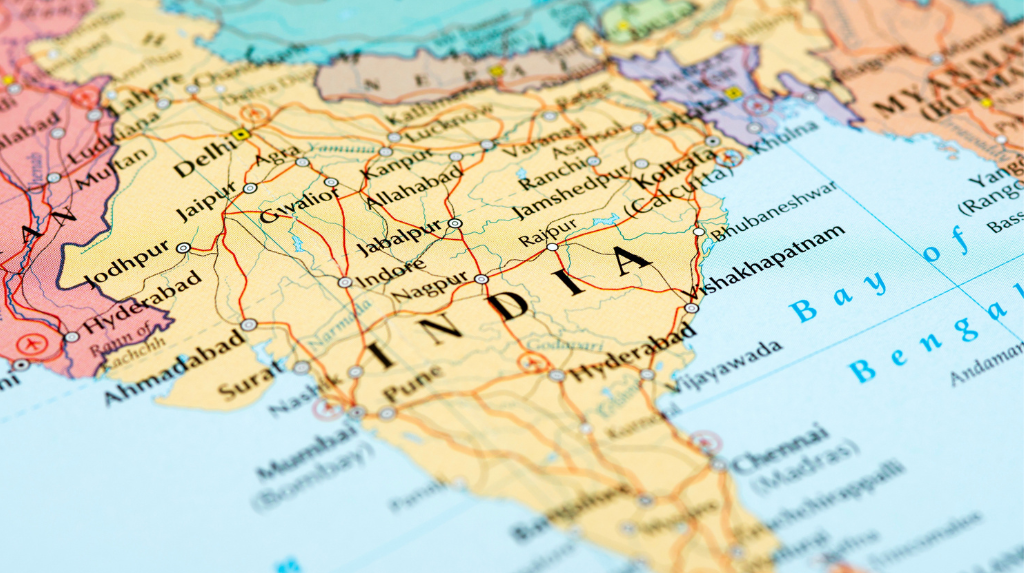In today’s interconnected world, families often find themselves living in different countries due to various reasons, such as work opportunities, education, or personal choices. The Indian family visa type plays a crucial role in reuniting families by allowing individuals to bring their loved ones to India for an extended period. This article will provide a comprehensive overview of the Indian family visa type, highlighting its requirements, benefits, and the application process.
The Indian family visa type is designed to facilitate the reunion of families living in India. It allows individuals who are working or residing in India to bring their family members, including spouses, dependent children, and parents, to live with them for an extended period. This visa type ensures that families can stay together and create lasting memories while experiencing the vibrant culture and rich heritage of India.
Understanding Indian Family Visa
The Indian family visa is a specific category of visa that permits foreign nationals with valid Indian visas to bring their family members to India for an extended period. It provides an opportunity for families to live together, fostering strong bonds and maintaining cultural connections. The family visa allows dependents to accompany the visa holder, ensuring their well-being and support.
Eligibility Criteria
To be eligible for an Indian family visa, the primary visa holder must meet certain criteria, including:
- Holding a valid Indian visa for a specific purpose, such as employment, business, or study.
- Having the financial means to support the family members during their stay in India.
- Maintaining a clean criminal record and adhering to Indian immigration laws.
- Providing appropriate documentation to establish the familial relationship.
Types of Indian Family Visas
Indian family visas are available in different categories, depending on the relationship between the visa holder and the family member. The most common types of Indian family visas include:
Spouse Visa (X Visa)
The spouse visa, also known as the X Visa, allows foreign spouses of Indian citizens or individuals with Indian visas to live in India. It enables couples to live together and create a nurturing environment for their relationship.
Dependent Visa (X-2 Visa)
The dependent visa, denoted as the X-2 Visa, enables dependent children (below 18 years of age) of Indian citizens or foreign individuals with valid Indian visas to live with their parents in India. This visa ensures that children can continue their education and be with their family.
Parents Visa (X-1 Visa)
The parents visa, designated as the X-1 Visa, is specifically designed for individuals with Indian visas to bring their parents to India. It allows elderly parents to be with their children, providing emotional support and care.
Documents Required
When applying for an Indian family visa, certain documents are typically required. These may include:
- Passport and visa copies of the primary visa holder
- Marriage certificate (for spouse visa)
- Birth certificate (for dependent visa)
- Proof of relationship (for parents visa)
- Proof of financial stability
- Medical certificates
- Accommodation details in India
Application Process
The application process for an Indian family visa involves the following steps:
- Gather all the necessary documents.
- Complete the visa application form.
- Submit the application along with the required documents to the Indian embassy or consulate in your home country.
- Pay the applicable visa fees.
- Attend an interview, if required.
- Await the processing of your application.
- Receive the visa decision.
- Collect the visa from the embassy or consulate.
Duration and Extension
The duration of an Indian family visa varies depending on the specific visa category and the discretion of the authorities. Typically, the initial visa is valid for a year. However, it can be extended based on the visa holder’s circumstances and the fulfillment of certain requirements. Visa holders should apply for an extension well before the visa’s expiration to avoid any complications or disruptions to their stay in India.
Benefits of Indian Family Visa
The Indian family visa offers numerous benefits, including:
- Reuniting families and promoting togetherness.
- Enabling children to receive quality education in India.
- Facilitating elderly parents’ care and support.
- Strengthening family bonds and cultural connections.
- Providing an opportunity to experience India’s diverse traditions and customs.
- Creating lasting memories through shared experiences.
FAQs
Can I work in India on a family visa?
No, the Indian family visa does not grant the right to work in India. If you wish to work in India, you must obtain the appropriate work visa.
What is the validity period of an Indian family visa?
The validity period of an Indian family visa varies depending on the specific visa category and the discretion of the authorities. Typically, the initial visa is valid for one year.
Can I bring my unmarried partner on a family visa?
The Indian family visa is primarily intended for legally recognized relationships such as spouses and dependent children. Unmarried partners may need to explore other visa options suitable for their situation.
Are there any financial requirements for an Indian family visa?
Yes, there are financial requirements to ensure that the visa holder can support their family members during their stay in India. These requirements may vary depending on the visa category and the number of family members.
Can I convert my family visa to another visa category?
In some cases, it may be possible to convert an Indian family visa to another visa category. However, the conversion process is subject to the specific rules and regulations set by the Indian authorities.
The Indian family visa type plays a vital role in reuniting families and fostering togetherness. It enables individuals living and working in India to bring their loved ones to the country for an extended period. Through different visa categories such as spouse visas, dependent visas, and parents visas, families can create lasting memories and maintain strong bonds while experiencing India’s rich culture. The Indian family visa offers a pathway for families to thrive and cherish their time together.
This article provides an in-depth understanding of the Indian family visa type, its eligibility criteria, different visa categories, required documents, application process, duration and extension, benefits, and frequently asked questions. It aims to guide individuals who are seeking to bring their family members to India and emphasize the importance of family unity and cultural connections. Remember to consult official sources and relevant authorities for the most up-to-date and accurate information regarding Indian family visas.
Do you need an Indian family visa?
Contact our team of skilled immigration lawyers to discuss your visa and immigration needs.
Call us on +234 812 5505 986 or WhatsApp us at +234 818 1547 085 for immediate assistance with your situation. We are available to assist you in person, over the phone, or online.





